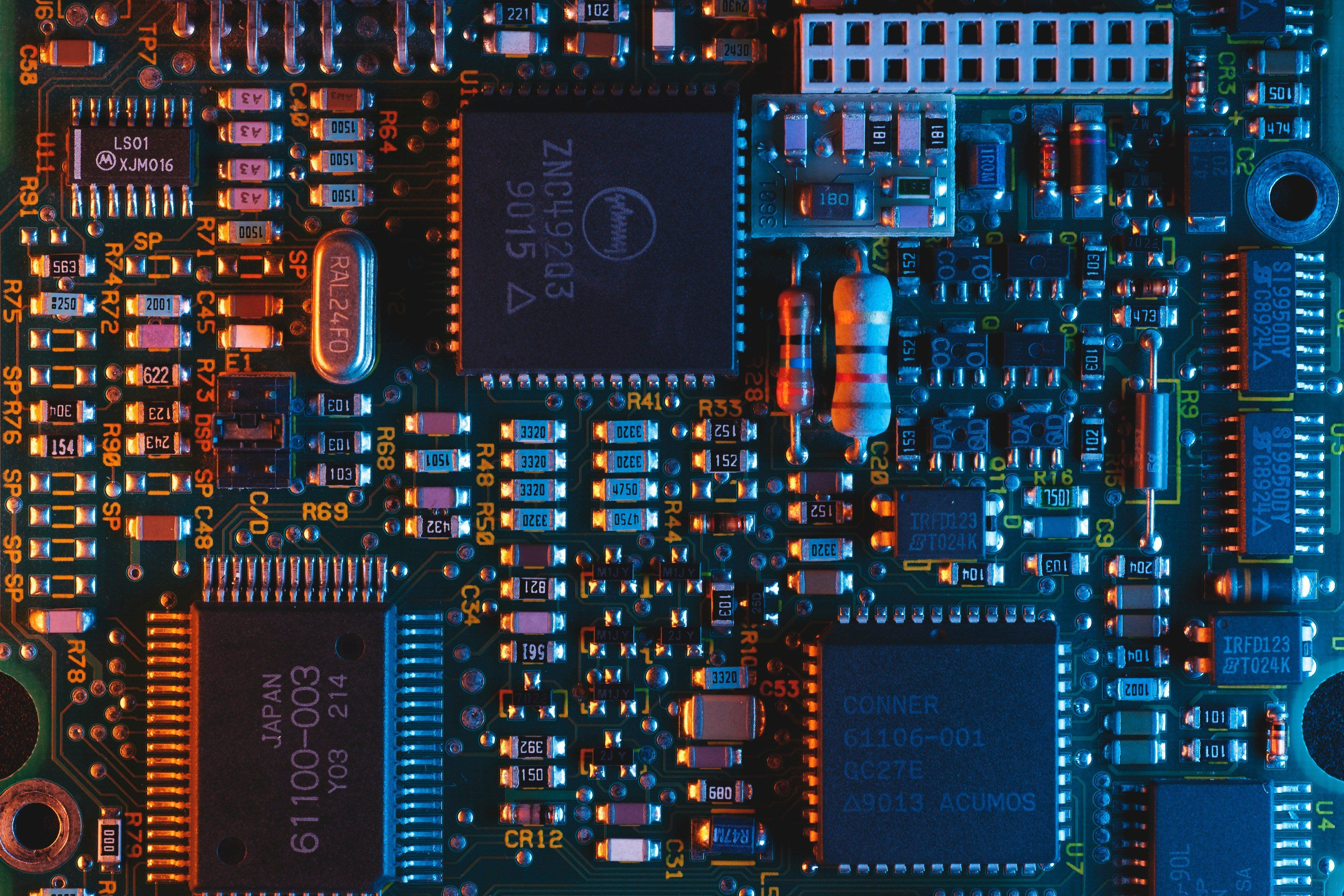Joe Biden’s administration has been aggressively enacting export controls on China and economic sanctions on Russia, preventing US companies from selling powerful chips and semiconductor manufacturing equipment to both nations. But now attention is turning to middlemen enabling the flow of AI-grade chips into the countries.
A Mumbai pharmaceutical company reportedly sold more than 1,000 Dell servers containing Nvidia H100 processors to Russian companies between April and August of 2024, according to a Bloomberg analysis of international trade data. India isn’t held to US sanctions, so it’s not clear what recourse the US would have — except if Dell or Nvidia are knowingly selling to middlemen to get their chips into Russia.
Elsewhere in the world, Taiwan Semiconductor Manufacturing Company, the largest contract chipmaker in the world, suspended shipments to a Chinese chip designer Sophgo last week when it discovered its chips inside a Huawei processor. Huawei, China’s most important chip company, is subject to stringent US export controls, an attempt to keep Chinese industry and military at bay. As GZERO AI wrote last week, the US Commerce Department is investigating whether TSMC, a strategic commercial and geopolitical partner for the US that has received billions to build facilities in America, knowingly evaded US export controls to sell to Huawei.
Gina Raimondo, the US Commerce Secretary, recently said she’s under “no illusion” that export controls on US-made chips from Nvidia, AMD, and other semiconductor companies are perfect. But these reports underscore that sanction controls are a moving target — and a game of whack-a-mole both for companies seeking compliance and regulators seeking enforcement.